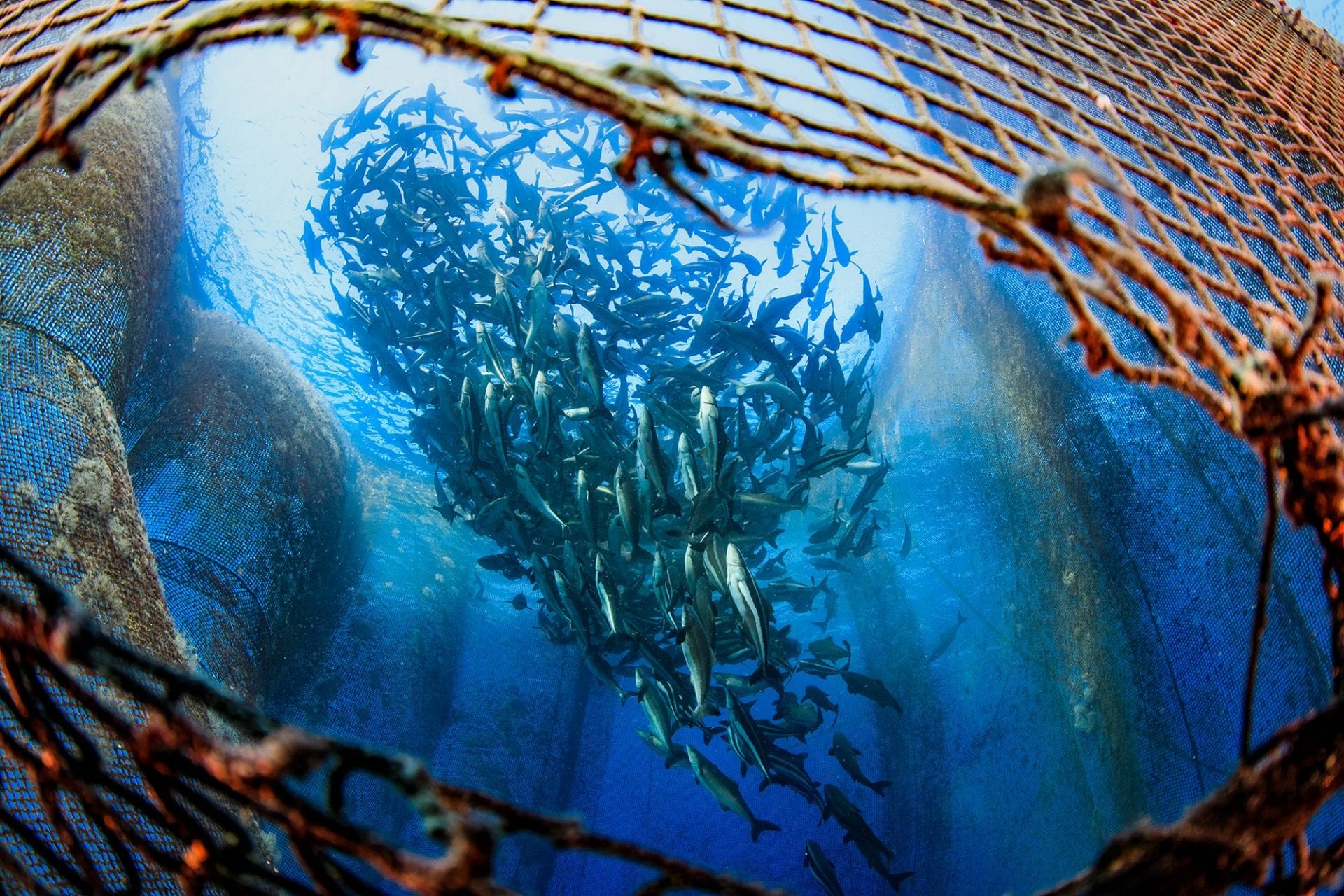BirdWatch Ireland and the Irish Wildlife Trust have launched a petition urging Minister for Agriculture, Food & Marine, Charlie McConalogue, to vote against any EU Council proposal that would backtrack on current fisheries control regulations or expand the Margin of Tolerance in ways that would undermine the accuracy of catch reporting. Such a proposal would severely increase overfishing risk, undermine the EU’s international credibility, and advantage large-scale industrial vessels. It would allow dramatic underreporting of catches, but previous experience of where these rules around the ‘Margin of Tolerance’ have been relaxed in the Baltic sea, it contributed to the collapse of vital fish populations and “incentivised” hidden overfishing [1].
The ‘Margin of Tolerance’ (MOT) exists to help avoid harsh penalties where a vessel has made a genuine error in reporting catches landed, by allowing a certain amount of leeway where a vessel’s actual catch landed differs from the vessel’s reported landings. As vessels are allocated quota per species, it is important that there is an accurate insight into what their actual catches are. Ensuring accurate catch data is essential for setting science-based catch limits, and an undeniable obligation for all EU Member States, including Ireland [2].
The current EU Fisheries Control Regulation allows a MOT of 10% per species – meaning that a vessel can misreport up to 10% of the weight of each species retained onboard. However, some Member States have proposed to allow many fisheries an exemption: to allow a 10% MOT on the total catch, instead of by species. This kind of exemption, which currently only exists in the Baltic Sea [3], has in practice allowed vessels to report a catch of (overfished) herring as sprat, or vice-versa – as long as this misreporting stays within a 10% limit of the total landed catch. According to the European Commission “this relaxation played a major role in facilitating misreporting of the species… and therefore contributing to the very bad state of the stocks in the [Baltic] region”.
If such high levels of misreporting were to be approved for other EU fisheries, including in Irish waters, this would endanger fish populations (including those already overfished), marine biodiversity, and the future viability of our fisheries. It would also severely undermine the EU’s credibility abroad, and therefore, its ability to protect EU fishing interests outside EU waters.
Without support from Member States to oppose any weakening of current MOT rules, there is a significant risk that the EU’s biggest fisheries reform in a decade will fail. The MOT discussions are part of a larger European Commission proposal to modernise and improve fisheries monitoring, including via electronic tracking systems, digitised recording of catches and onboard CCTV for large vessels at risk of illegally discarding fish.
If there isn’t support for a Margin of Tolerance that can ensure the accuracy of catch reporting, there is a very significant risk of the Commission withdrawing the entire proposal. If that happens, this would foreclose the opportunity to modernise, digitise and future-proof the Fisheries Control system, including the possibility of vessels like the supertrawler Margiris (which was active in Irish waters recently) being required to install CCTV on board. A withdrawal would thus also severely undercut the EU’s ability to reach its international ocean and biodiversity protection commitments.
- https://www.theguardian.com/environment/2023/mar/16/loophole-quotas-overfishing-endangered-species-eu-papers
- PF, MF vs Ireland Minister for Agriculture, Food and the Marine, Sea Fisheries Protection Authority, C-564/20, § 41
- https://ejfoundation.org/reports/a-case-study-of-the-margin-of-tolerance-in-the-baltic-sea
Photo Credit: Yen Yi Lee


